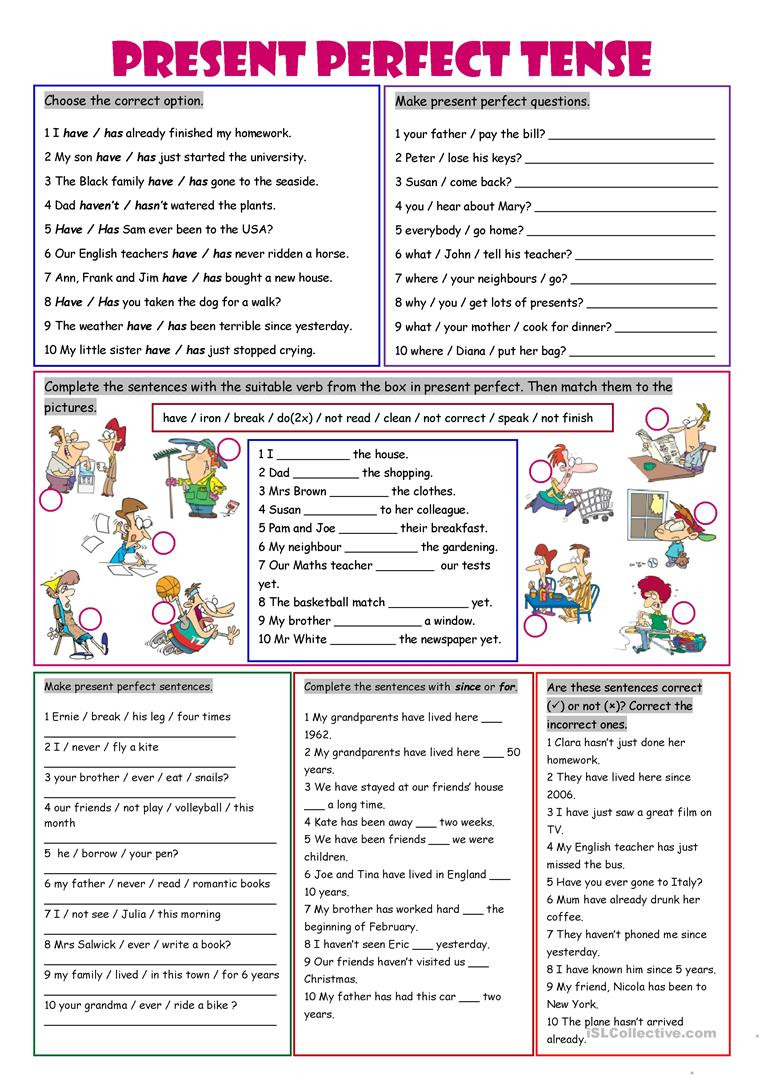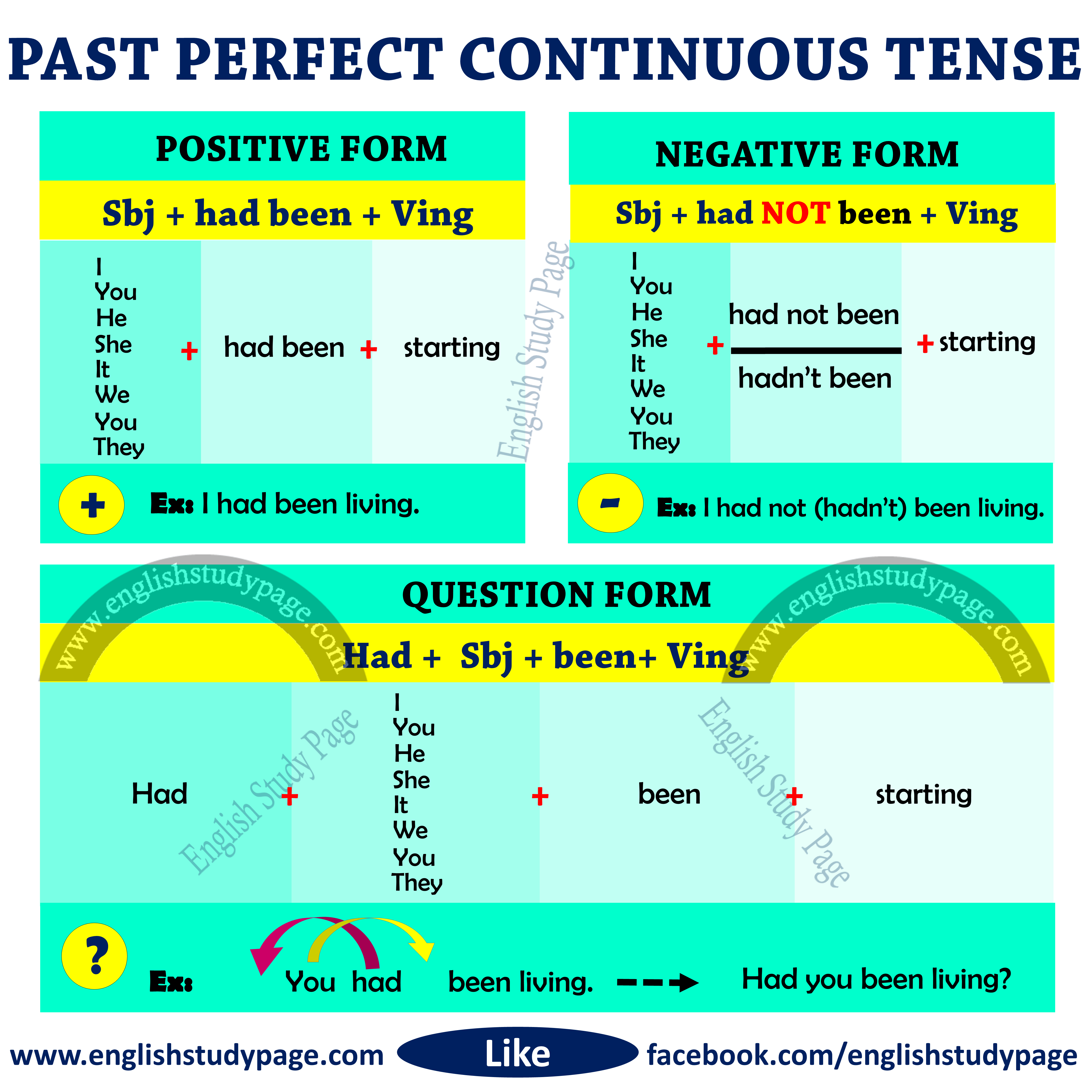
O: Not really! I had never considered it as a career. So, I took a six-month teaching job, mostly because I wanted to live abroad and travel a bit. I had just graduated, and I wasn’t sure what I wanted to do. Oli: Actually, it was kind of an accident. Next, let’s look at when you might need the past perfect in an English conversation. So, this is a common reason to use the past perfect: you’re telling a story, and you need to refer back to times or events which happened *before* the time of the story. They all refer to things which happened – or didn’t happen – before the time of the story. I remembered something I had read about bears.I had never seen such a big animal in the wild before.


I was walking in front I turned a corner, and… there was a bear! I had never seen such a big animal in the wild before. My Dad had told me that there were bears in the forest, but I didn’t really take him seriously. I was on holiday with my family, and we were walking in a forest. This happened to me when I was twelve years old. You use the past perfect when you’re talking about the past, and you need to talk about something which happened – or didn’t – before the time in the past which you’re talking about. These are all things related to the preparations for the wedding, which took place earlier. I used the past perfect to talk about things which happened *before* the wedding. She used the past simple to talk about the wedding itself. But, she also talked about things which happened – or didn’t happen – before the wedding. In the dialogue, we were talking about two different times in the past.įirst, Kasia was telling me about a wedding she went to. Here, you have the past perfect and the past simple in the same sentence. They had booked a hall for the ceremony, but it was much too small.To answer this, let’s look at an example from the dialogue. What about the second question? What’s the difference between the past perfect and the past simple? This is important, because if you don’t use the contractions, you won’t hear them when other people use them.

In spoken language and in informal writing, you should generally use contractions. Be careful, because ‘would’ can also be contracted to ‘d. For example, ‘had gone’, ‘hadn’t prepared’, and so on.
#PAST PERFECT TENSE PLUS#
Two: what’s the difference between the past perfect and the past simple?įirst, how do you form the past perfect? You need ‘had’ or ‘hadn’t’ plus a past participle. Pause the video to read if you need more time. They hadn’t told them how many people were coming.They’d booked a restaurant for the reception.Surely they knew how many people they had invited?.They had booked a hall for the ceremony.In the dialogue, you heard five examples of the past perfect. O: So, you’re hungry and listening to boring speeches for hours? Doesn’t sound like much fun. K: And then, as if that wasn’t enough, there were so many long, boring speeches! You could tell that no one had prepared their speeches, and they were just trying to improvise. They’d booked a restaurant for the reception, but they hadn’t told them how many people were coming.

K: I know! Surely they knew how many people they had invited? I guess not. Only 30 people could go in, and everyone else had to wait outside. K: First, they had booked a hall for the ceremony, but it was much too small. Kasia: A disaster! I’ve never seen anything go so wrong.


 0 kommentar(er)
0 kommentar(er)
